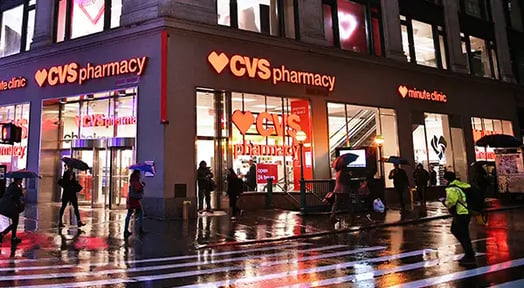Private Label is how the consumer-product industry refers to goods that retailers produce themselves through 3rd-party manufacturers.

But these products are anything but signature. Often the store brand is a rip-off of other proven products — and there ain’t nothing those name brands can do about it.
This is nothing new…
And it isn’t illegal — as a matter of fact, companies like CVS and other big retailers have been working with “private-label” companies to develop their store-brand face creams, toothpastes, and cotton swabs for decades.
For example: CVS-brand face wash was modeled almost identically after the face-cleansing product Cetaphil, much to its manufacturer’s chagrin.
Amazon has become the king of private label during its thunderous rise to the top. In the beginning it was baby wipes and phone chargers. Now, it has expanded to clothing, toys and high-end furniture (and Williams-Sonoma isn’t happy about it).
The rise of the ‘agnostic shopper’
As consumers gain more access behind the curtain, the idea of brand loyalty has taken a back seat to the cheaper alternative, and private labels are booming because of it.
According to Nielsen Insights, private-label sales have increased $7.9B across brick-and-mortar stores in the past 3 years.
It’s a win-win for both retailers and consumers
According to the market-research firm IRI, private-label products are often 20% cheaper on average than brand-name products, but they’re also much cheaper for retailers to buy, making way for higher profit margins.
The issue for companies like Cetaphil’s maker, Galderma, is that their sales are tied to being on the shelves of CVS. If they pulled the product from stores due to conflict of interest, there wouldn’t be any interests to conflict over.
